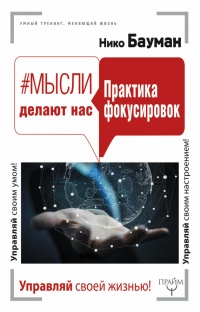Книга Власть научного знания - Нико Штер
Читать книгу Власть научного знания - Нико Штер полностью.
Шрифт:
-
+
Интервал:
-
+
Закладка:
Сделать
Перейти на страницу:
Перейти на страницу:
Книги схожие с книгой «Власть научного знания - Нико Штер» от автора - Райнер Грундманн, Нико Штер:
Комментарии и отзывы (0) к книге "Власть научного знания - Нико Штер"








